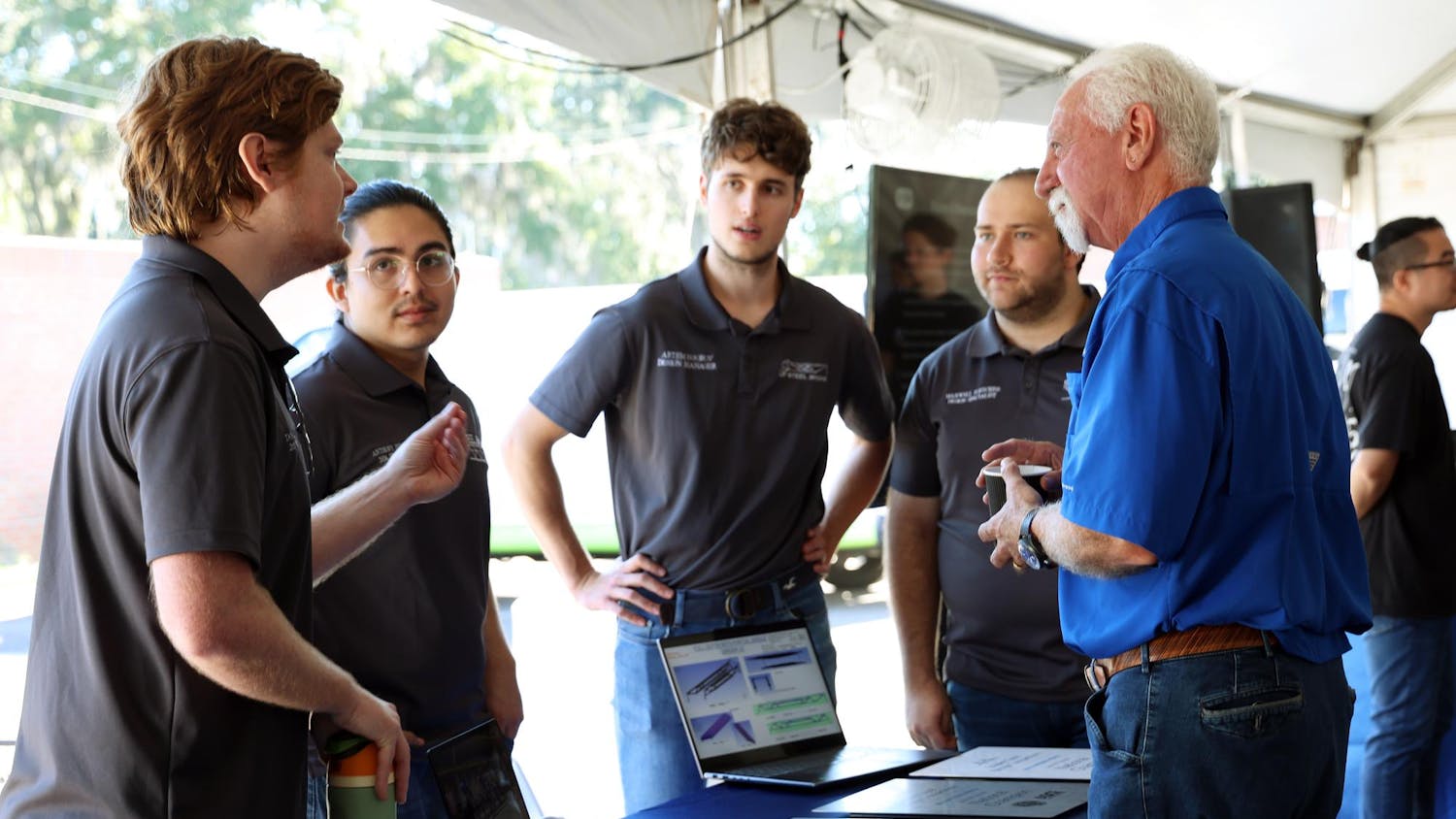It's easy to focus on the possible dangers of artificial intelligence, whether it's taking jobs, destroying creativity or even ending the world. However, one of the biggest potential benefits of AI is in education.
For over 40 years, the solution to improving education has been clear. It’s not a secret teaching method or an innovative curriculum, but something much simpler: one-on-one tutoring.
Originally demonstrated back in 1984 by educational psychologist Benjamin Bloom, Bloom found that students who received one-on-one tutoring showed a two standard deviation improvement in academic performance compared to peers in a control group.
This approach has long been a privilege reserved for wealthy families. Most children simply don't have access to this undeniably powerful educational tool. But AI has the potential to change that in a way that was never possible before by bringing forth what could be the most significant leap in education effectiveness in human history.
The primary barrier to widespread one-on-one tutoring has always been cost. It’s simple economics: for a teacher to instruct a class of 20, 30 or even hundreds of students, the cost per student is far lower than if a teacher’s full attention is dedicated to just one. And even if money weren’t an obstacle, there likely wouldn’t be enough teachers to provide individual tutoring for every student.
This is where AI presents a unique new solution. Machines — which can operate at a fraction of the cost of human labor and can be easily multiplied to meet almost any demand — are capable of breaking down the traditional barriers of cost and availability. While machine tutors have been around for some time, they were previously limited by their inability to handle complex or dynamic content. Today’s large language models, or LLMs, have changed the game entirely.
The key advantage of LLMs is their ability to interact with students through language — just as human teachers do. Students can ask any kind of question, and the AI can provide relevant and effective responses. Initially, early LLMs were only capable of tutoring on basic subjects. However, the intelligence of these models has exponentially increased in just the past year. For example, OpenAI’s new "o1" model recently scored a 95 on the LSAT and outperformed an “expert human” on doctorate-level science questions, as reported by OpenAI itself. This means that even advanced university students can now benefit from AI-driven one-on-one tutoring.
AI is posed to bring this tutoring benefit to every child in a way never possible before. I can think of no greater societal benefit than providing better education for all children, and AI could play a crucial role in making that vision a reality.
Ethan Niser is a UF computer science freshman.






